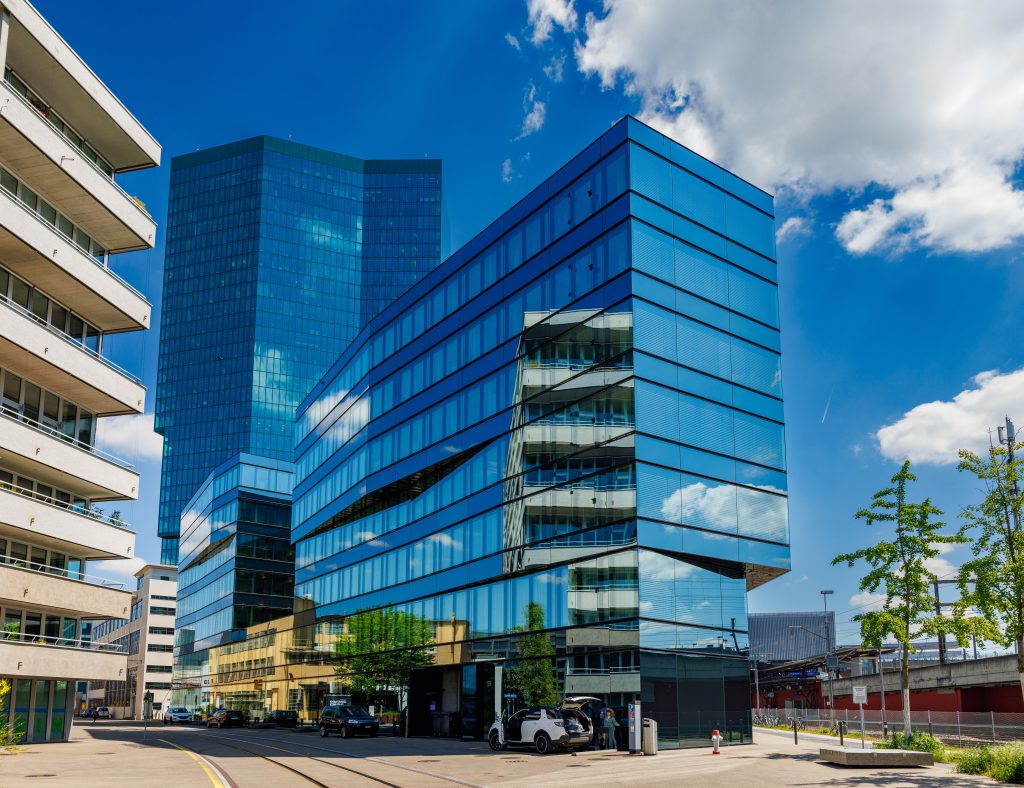The global consulting firm EY, previously known as Ernst & Young, has selected Saudi Arabia’s capital, Riyadh, as the central point for its regional operations.
Spanning the Middle East and North Africa, EY will manage an 8,000-strong workforce from 15 nations, stationed at its new premises within the King Abdullah Financial District in Riyadh, as stated in an official announcement.
The choice to establish a regional headquarters in Riyadh is in step with the Kingdom’s goals to become a hub for international enterprises, a key aspect of the Vision 2030 initiative. This strategic move takes advantage of tax benefits introduced by Saudi Arabia’s Investment Ministry in late 2023. Subsequently, there has been a surge in international firms setting up shop in the Kingdom, with over 120 companies acquiring licenses to open regional headquarters in the first quarter of 2024, an impressive 477 percent increase compared to the previous year.
Launched in 2016, the Saudi Vision 2030 plan aims to diversify the nation’s economy beyond its traditional reliance on oil. It is founded on three pillars: establishing a vibrant society, creating a thriving economy, and embodying an ambitious nation.
Later in the year, EY MENA is set to reveal its expansive new offices, signifying a continued commitment to the region and marking a significant phase in its growth journey.
The Riyadh headquarters will not only serve as the center for EY’s regional operations but will also house the EY Wavespace Center. Occupying 930 square meters, this center will serve as a hub for innovation, focusing on cutting-edge technologies such as artificial intelligence and blockchain.
In addition to the allure of a vibrant economy, Saudi Arabia’s business-friendly climate is further enriched by incentives like a 30-year reprieve from corporate income tax, among other advantages, leading to a robust influx of global enterprises. In the first quarter of this year alone, the investment ministry’s report notes the issuance of 127 new permits for business operations in the country.
